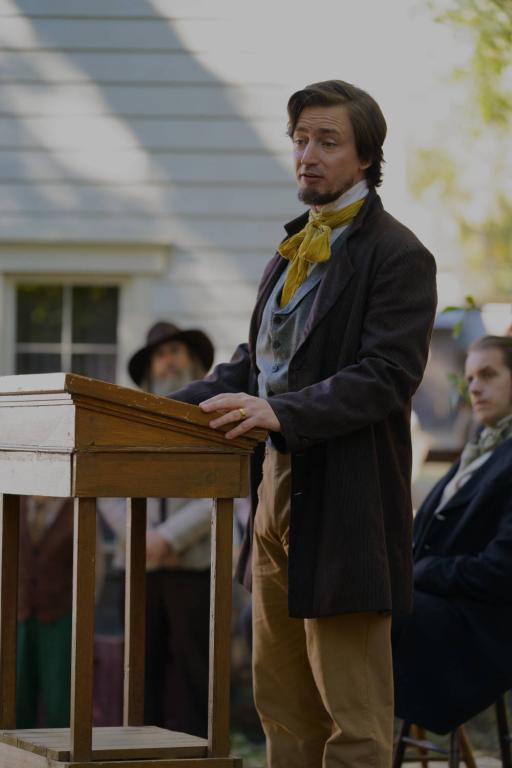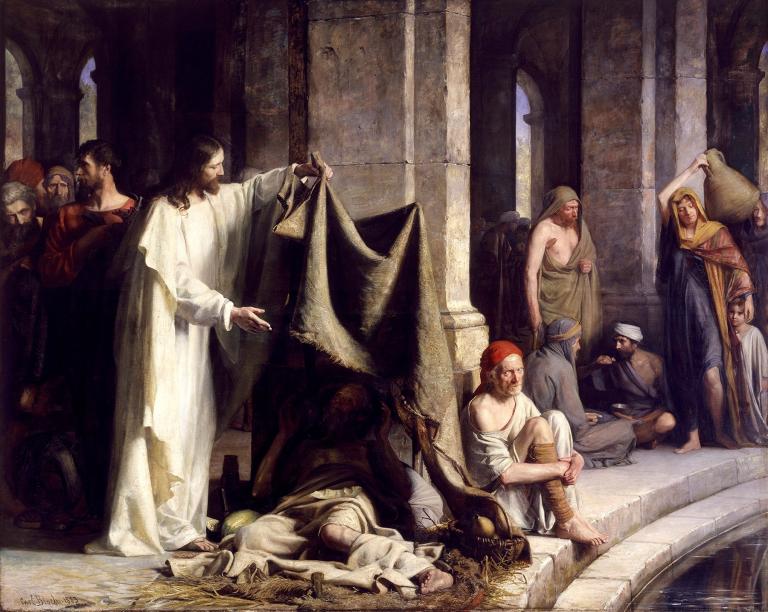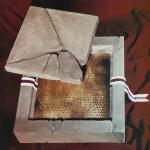
“Aftermath of the Martyrdom: Aspirants to the Mantle of the Prophet Joseph Smith,” written by R. Jean Addams
Abstract: In the weeks, months, and years following the murders of the Prophet Joseph Smith and his brother, Hyrum, several aspirants stepped forward to claim the mantle of the prophet. Who were these individuals with claims to the leadership of the church? What were their motives? How were these men able to inspire large numbers of saints to follow them? What became of their efforts and how are their works manifest in the present day? The reasons that members or prospective members chose or rejected the claims of these aspirants are examined, as are the churches of the organizations that were established by them. That study is augmented by a discussion of where these religious “expressions” subsequently gathered and the status of those entities today.
“Interpreting Interpreter: Prophetic Aspirations,” written by Kyler Rasmussen
This post is a summary of the article “Aftermath of the Martyrdom: Aspirants to the Mantle of the Prophet Joseph Smith” by R. Jean Addams in Volume 62 of Interpreter: A Journal of Latter-day Saint Faith and Scholarship. All of the Interpreting Interpreter articles may be seen at https://interpreterfoundation.org/category/summaries/. An introduction to the Interpreting Interpreterseries is available at https://interpreterfoundation.org/interpreting-interpreter-on-abstracting-thought/.
The Takeaway: Addams provides a useful summary of several of the prophetic movements that stemmed from the church as restored by Joseph, including those starting before or after Joseph’s martyrdom, briefly outlining their histories and key doctrinal differences.
Incidentally, although the article by R. Jean Addams is quite timely in view of the scheduled 10 October release by the Interpreter Foundation of its feature film Six Days in August, we did not commission it.

(Chandra X-Ray Observatory/Caltech/NASA public domain)
God loves all of his children, even those who have sinned grievously or who have rejected him. In Moses 7, which I regard as one of the greatest chapters in all of scripture, we see God weeping — to the utter astonishment of Enoch — over the suffering of those who have turned their backs on him and on his other children. He doesn’t cease caring for them. His love is at least as deep as that of minimally decent mortal parents, who often still love their children even when those children are behaving hatefully or self-destructively.
For that reason and others, I’ve always inclined toward something like universalism, and I’ve long loved Pope John Paul II’s response to a question about whether Christians are obligated to believe in Hell. “Yes,” he replied. “But we can hope that it will be empty.”
However, God honors human agency. We are free to reject him. And, thus, it’s possible, even likely, that there will be some who will never accept the gift of Christ’s atonement, who will refuse to repent or ask for mercy, who will defiantly turn away from divine grace. Such, I presume, are the “sons of perdition.” I believe that their numbers are, and will be, relatively few.
For everybody who is not a son or a daughter of perdition, there will be at least some degree of salvation. And I personally have deep faith in the patient and never-ending love of God, which leads me to hope, at least, that most people will eventually receive the fullness of all eternal blessings.
I don’t believe that we can be saved in a state of either indifference to divine law or defiant refusal to repent. However, I also doubt that anybody who sincerely seeks truth and goodness will be punished merely for having made a mistake. Moreover, I believe in repentance and progress beyond this life. The great plan of happiness is very, very, very good news.
I love this passage from The Great Divorce, by C. S. Lewis:
“There are only two kinds of people in the end: those who say to God, ‘Thy will be done,’ and those to whom God says, in the end, ‘Thy will be done.’ All that are in Hell, choose it. Without that self-choice there could be no Hell. No soul that seriously and constantly desires joy will ever miss it. Those who seek find. Those who knock it is opened.”

(Wikimedia Commons pubic domain image)
Today is Friday the Thirteenth, so it seems an appropriate day to check in on the Peterson Obsession Board: It appears that several of the inmates over at that zany ornament of the Internet are convinced that I spent the past week in Moab with someone who, in the past few years, has come (unlike me) to favor Russia’s invasion of Ukraine and to believe (unlike me) that 9-11 was an inside job. One of them calls him “a Russian asset” but, for our purposes here, we’ll call him X. The evidence and the reasoning over on the POB appear to run as follows:
First premise: A number of years ago, Peterson spent time in Cedar City, Utah, with X, who lives there.
Second premise: Peterson spent this past week in Moab, Utah — which is nearly three hundred miles from Cedar City — with Sister Peterson and six unnamed other friends.
Conclusion: Therefore, Peterson spent this past week in Moab with X.
Which, I think, is supposed to implicate me in some mysterious way in X’s views on the war in Ukraine and on the 9-11 terror attacks. And, thus, I’m guilty yet again! QED.
Incidentally, for the record, I haven’t seen or spoken to or communicated with X for years now.

Finally, I close with yet another glance into the infinitely capacious and thus inexhaustible Christopher Hitchens Memorial “How Religion Poisons Everything” File™:
And these Hitchens File entries are also worthy of note:
“Elder Kearon and Archbishop David Meet to Discuss Shared Concerns for Filipino Communities”













